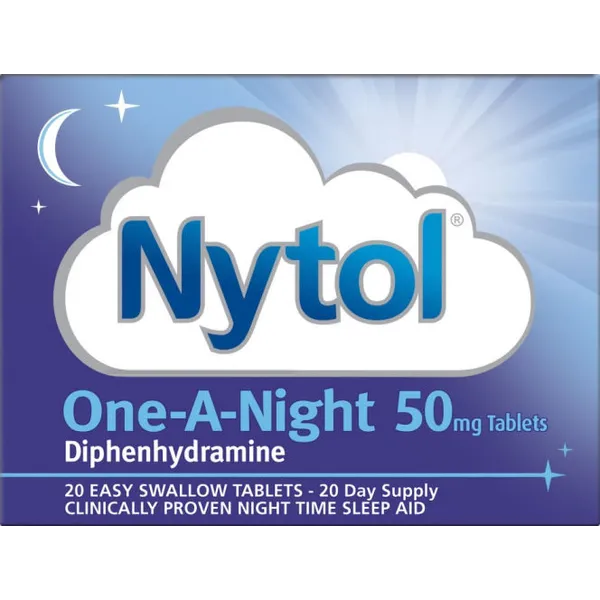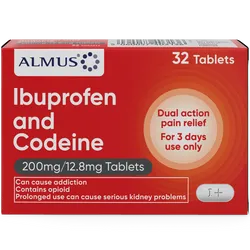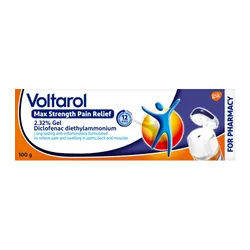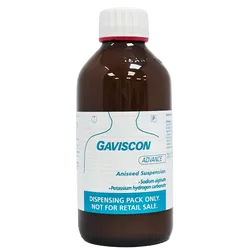Nytol One-A-Night should be used with caution in patients with myasthenia gravis, epilepsy or seizure disorders, narrow-angle glaucoma, prostatic hypertrophy, urinary retention, asthma, bronchitis and chronic obstructive pulmonary disease (COPD), moderate to severe hepatic impairment and moderate to severe renal impairment.
Tolerance may develop with continuous use. Seek medical advice if sleeplessness persists, as insomnia may be a symptom of serious underlying medical illness.
May increase the effects of alcohol, therefore alcohol should be avoided.
Avoid use of other antihistamine-containing preparations, including topical antihistamines and cough and cold medicines.
Use with caution in the elderly, who are more likely to experience adverse effects. Avoid use in elderly patients with confusion.
Patients with rare hereditary problems of galactose intolerance, the Lapp lactase deficiency or glucose-galactose malabsorption should not take this medicine.
Keep out of the reach and sight of children.
Diphenhydramine may potentiate the sedative effects of alcohol and other CNS depressants (e.g. tranquillizers, hypnotics and anxiolytics).
Monoamine oxidase inhibitors(MAOI) prolong and intensify the anticholinergic effects of diphenhydramine. The product should be used with caution with MAOIs or within 2 weeks of stopping an MAOI.
As diphenhydramine has some antimuscarinic activity, the effects of some anticholinergic drugs (e.g. atropine, tricyclic antidepressants) may be potentiated therefore medical advice should be sought before taking diphenhydramine with such medicines.
Diphenhydramine is an inhibitor of the cytochrome p450 isoenzyme CYP2D6. Therefore, there may be a potential for interaction with drugs which are primarily metabolised by CYP2D6, such as metoprolol and venlafaxine.
Diphenhydramine should not be used in patients receiving any of the above drugs unless directed by a doctor.
Pregnancy
Diphenhydramine crosses the placenta. Because animal reproduction studies are not always predictive of human response and since there is inadequate experience with use of diphenhydramine in pregnant women, the potential risk for humans is unknown. Use of sedating antihistamines during the third trimester may result in reactions in the newborn or premature neonates. This drug is not recommended during pregnancy. Consult a doctor before use.
Lactation
Diphenhydramine has been detected in breast milk, but the effect of this on breastfed infants is unknown. Nytol One-A-Night is not recommended for use during lactation in nursing mothers. Consult a doctor before use.
Nytol One-A-Night is a hypnotic and will produce drowsiness or sedation soon after the dose has been taken. It may also cause dizziness, blurred vision, cognitive and psychomotor impairment. These can seriously affect the patient's ability to drive and use machines. If affected, do not drive or operate machinery.
Overdose is likely to result in effects similar to those listed under adverse reactions. Additional symptoms may include mydriasis, fever, flushing, agitation, tremor, dystonic reactions, hallucinations and ECG changes. Large overdose may cause rhabdomyolysis, convulsions, delirium, toxic psychosis, arrhythmias, coma and cardiovascular collapse.
Treatment should be supportive and directed towards specific symptoms. Convulsions and marked CNS stimulation should be treated with parenteral diazepam.













